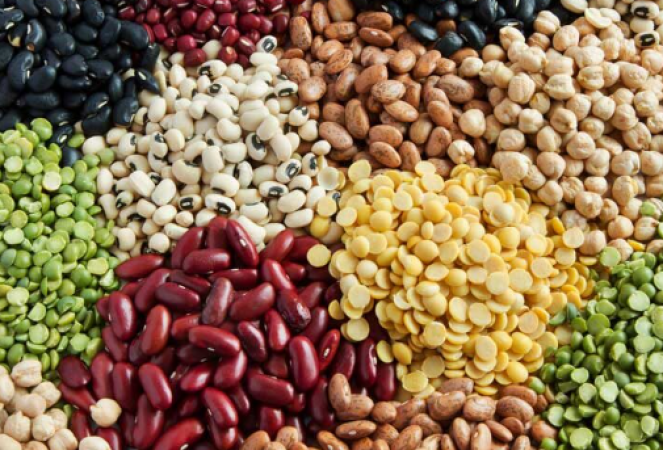Fibre is the structural part of plant foods--such as fruits, vegetables, and grains--that our bodies cannot digest or break down. There are two kinds of fibre: soluble and insoluble.
Including fibre in your diet as will help you in the following ways.
Cut Your Type 2 Diabetes Risk: It's a well-established fact. A recent analysis of a study found that people who ate the most fibre-more than 26 grams day-lowered their odds of the disease by 18 percent, compared to those who consumed the least (less than 19 grams daily).
Reduce Risk of Cancers: Every 10 grams of fibre you eat is associated with a 10 per cent reduced risk of colorectal cancer and a 5 per cent fall in breast cancer risk, says a study published in the Annals of Oncology.
Build Strong Bones: Some types of soluble fibre—dubbed "prebiotics" and found in asparagus, leeks, soybeans, wheat and oats—have been shown to increase the bioavailability of minerals like calcium in the foods you eat, which may help maintain bone density.
Better regulates blood sugar levels: A high-fibre meal slows down the digestion of food into the intestines, which may help to keep blood sugars from rising rapidly.
Weight control: A high-fibre diet may help keep you fuller longer, which prevents overeating and hunger between meals.
Constipation: Constipation can often be relieved by increasing the fibre or roughage in your diet. Fibre works to help regulate bowel movements by pulling water into the colon to produce softer, bulkier stools. This action helps to promote better regularity.
Promoting blood sugar control. It can take your body longer to break down high-fiber foods. This helps you maintain more consistent blood sugar levels, which is especially helpful for those with diabetes.
Replace Your Morning Tea with these Drinks
Saudi announces health security for Haj season
Look after your Mental Health too!
